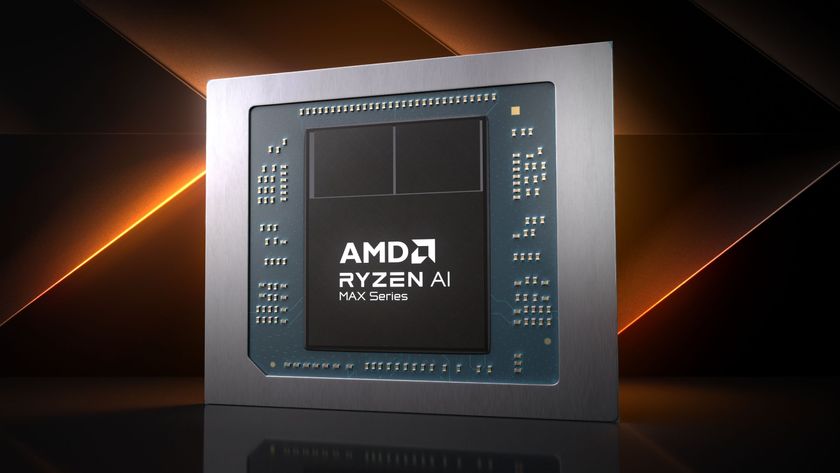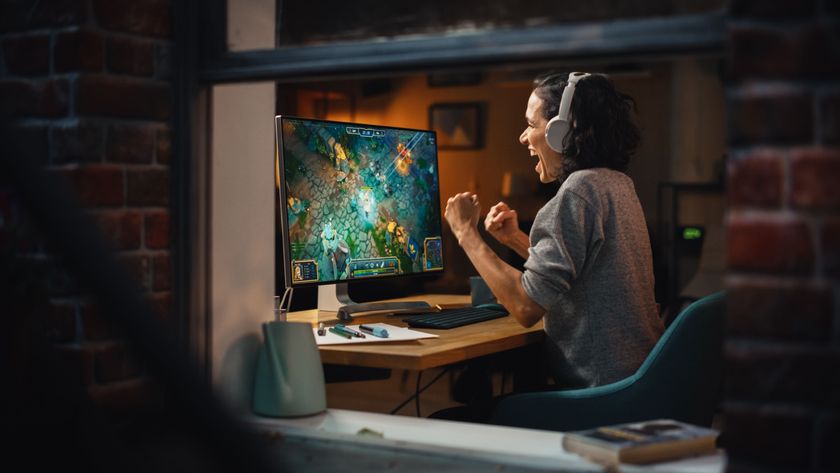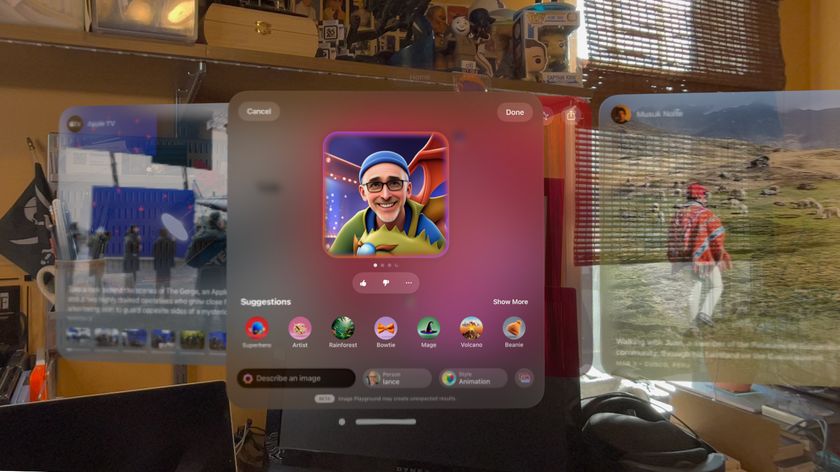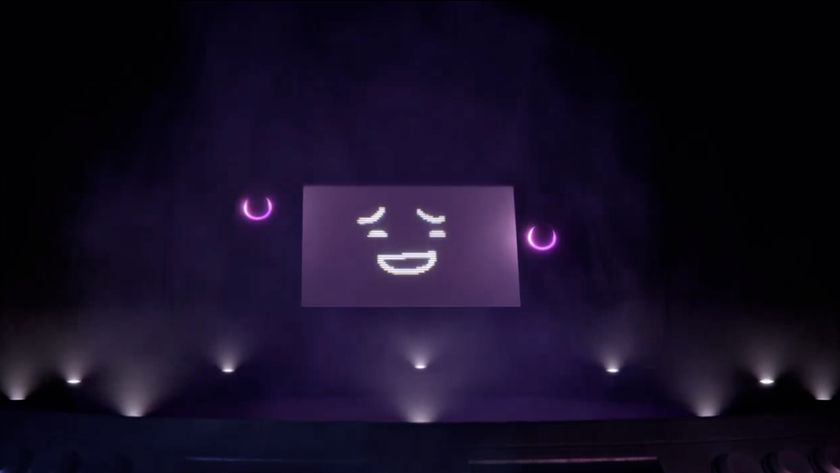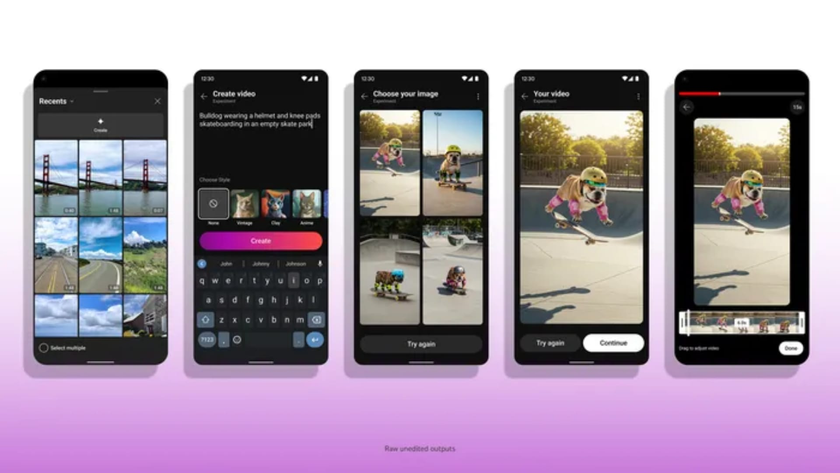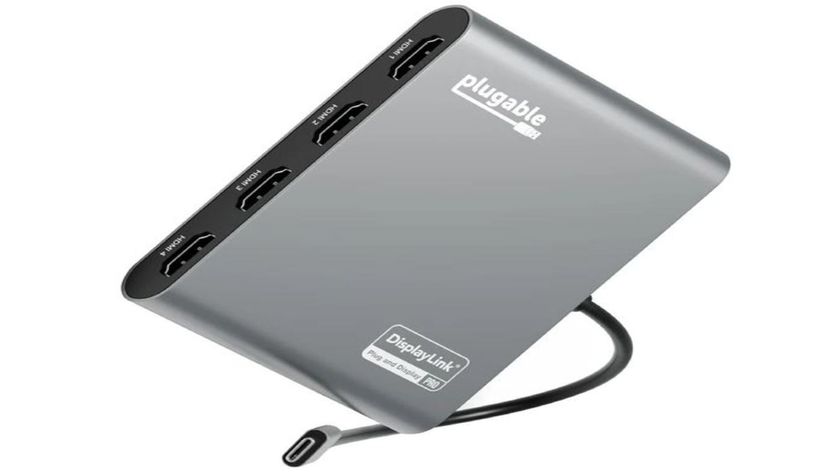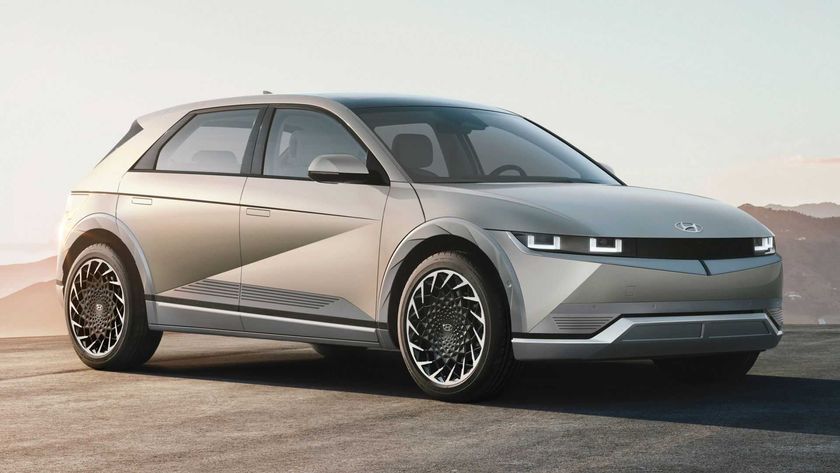Razer is proud to be green and other companies should take note
Sssssssaving the planet, one snake plushie at a time

I’ve previously written about how rising environmental concerns conflict with my love of tech and PC gaming, and how that, in turn, has caused a sense of ‘eco-guilt’ – that despairing feeling you get when you become aware of just how much damage your very existence could be having on our planet. A tad extreme? Yes, but this special flavor of anxiety can have a genuine impact on how we decide which products we should be buying, regardless of how rational that impulse is.
Given my job requires me to test a fair amount of PC hardware, I noticed a pattern emerging with Razer products – packaging has been completely devoid of any tape, plastic or non-biodegradable materials for a while now as part of its 'Go Green with Razer' initiative, something proudly displayed on many of the boxes I opened. After some reading up on this campaign, it wasn't long before the sheer scale of this particular gaming and lifestyle company's efforts in sustainability became apparent - it's on a level I have yet to see matched by another other brand in the PC gaming industry.
In fact, if you follow Razer on social media or visit its website, it's almost impossible avoid stumbling across numerous schemes and partnerships aimed at reducing the company's environmental impact, right down to powering both the existing European office and the recently built RGB Chroma-clad headquarters in Singapore purely by renewable energy, with all global offices promising 100% renewable energy use by 2025.
Tech without taking
I appreciate I'm starting to sound like i'm firmly in Razer's back pocket here, but I'm a firm believer that positive action should be praised. In a world where we relentlessly hear bad news, celebrating genuine efforts doesn't just help make a real-world difference - it can also benefit people's state of mind. Seeing these positive campaigns helps to brighten up my otherwise gloomy social media feeds and reminds me that there are people trying their best.
I asked to speak with someone at Razer to discuss the range of efforts being made in sustainability and was lucky enough to chat with Chief of Staff, Patricia Liu who assured me that while I may have only just recently become aware of Its loud environmental support, Razer has been an eco-friendly company for some time.
"Sustainability is not a new topic within Razer, we've been doing various environmental impact projects, only previously it was never coined or publicized in that way" Liu stated. "in the last year we have massively reduced our packaging footprint, and we've always been very proud of our packaging in terms of design".
As It turns out, even the ink used to print on the packaging is soy-based to ensure the boxes are fully biodegradable. There is a pattern with many aspects of Razer's product announcements that put them in a spotlight for considering the 'bigger picture' during the design process. A recent apparel range titled the 'Kanagawa Wave' collection acted as a way to raise awareness of marine plastic waste by creating an opportunity from the issue, with the entire range being made from fabric comprised entirely of marine plastics recovered from beaches.
Get daily insight, inspiration and deals in your inbox
Sign up for breaking news, reviews, opinion, top tech deals, and more.
The entire collection sold out quickly, and Razer promised that for every item sold from the range, it would fund 1KG of ocean plastic recovery. They could have stopped there, but it was revealed back in June that Razer is collaborating with a startup known as Clearbot to build boat that uses AI to collect trash from our seas and rivers. A far leap from gaming mice, but a welcome one.
Loud and proud
While it may have had quieter historical efforts to improve its footprint, it's hard to avoid Razer's campaigns for awareness and change if you follow its social media platforms these days. Indeed, the Razer founder and CEO Min-Liang Tan frequently pushes updates and new developments from the company as it expands into new sustainability efforts.
I follow a good few gaming brands across social media, and in the sea of new product releases and company announcements, I've never seen any sustainability pledges or campaigns appear organically on my feed from other brands, leading me to believe that Razer is doing this on a much bigger scale than anyone else. PC gaming manufacturers could be making similar efforts, but they're either keeping quiet about it or simply not doing anything. I asked if the decision to be vocal was in hopes of setting an example for others to follow.
"We are keenly aware that a large portion of our customers and fans are younger – Millennials and Gen-Z and we have the responsibility of being a role model. It was intentional for us to be loud about it so we can engender the support of the younger generations to care about the environment and make positive changes, especially coming out of the pandemic" Liu said, cracking a smile.
This is yet another effort in which Razer stepped up to help the greater community, building an automated machine that manufactured disposable masks (required by most medical facilities) while offering washable cloth masks for the public on its online store. In the end, one million face masks were donated to front-line workers during equipment shortages.
Chances are you probably heard back in January that mask development didn't stop there. Razer revealed its Project Hazel design concept during CES 2021 and gained so much attention that they're opting to develop it for public release, and this is yet another product that was created with complete sustainability in mind, being built from recycled plastics and using reusable, washable disc-type filters for the ventilators.
"There's only one earth"

It's fairly easy to get lost in the idea that large companies will only make efforts like this for financial gain, but I'm not completely lost in skepticism. As Liu pointed out during our chat when I asked if Razer was happy to share its developments, "This isn't competitive. We all live on this earth, there's only one earth. We're happy to join forces with others and have that synergy to help".
The scale of projects and collaborations with other brands is too large to dedicate entire sections of the article to, but I've collated just a handful below to illustrate the sheer scale of efforts being made.
- Ssssave the Trees: A collaboration with Conservation international, with a promise to protect ten trees for every piece of Sneki Snake merchandise sold. A previous target of 100,00 trees was smashed with a new target of saving 1 million trees.
- Razer Green Fund: A $50 million funding pot has been established to help empower smaller projects. This was introduced with a collaboration with Bambooloo, a sustainable bamboo-based toilet paper that's been proven as a more sustainable alternative to traditional wood pulp products.
- Clearbot: Yet another benefactor of the Green Fund, Razer has helped to develop a swarm of AI-powered robotic boats that detect and collect waste materials in our rivers and oceans.
Liu assured me that Razer doesn't plan on slowing down any time soon either, and when asked what Razer's reaction would be to folk who might call its efforts a vanity project, she had this to say:
"The proof is in the pudding right? People will see over time that we are committed to the cause, and from the engineering levels of testing new materials to the CEO, we're all fully committed to our efforts for the future".
I believe that Razer wants to make a real difference and I have greater expectations for other companies to follow a similar example. I enjoy the unashamed pride that the company takes in trying to keep its ecological impact low while helping in areas outside of just PC gaming equipment. It fills me with my own pride to use branded peripherals and wear apparel emblazoned with a logo that is trying so vocally to help make the world a better place, rather than buying a label that keeps quiet about its efforts, if it makes them at all.
Jess is a former TechRadar Computing writer, where she covered all aspects of Mac and PC hardware, including PC gaming and peripherals. She has been interviewed as an industry expert for the BBC, and while her educational background was in prosthetics and model-making, her true love is in tech and she has built numerous desktop computers over the last 10 years for gaming and content creation. Jess is now a journalist at The Verge.

